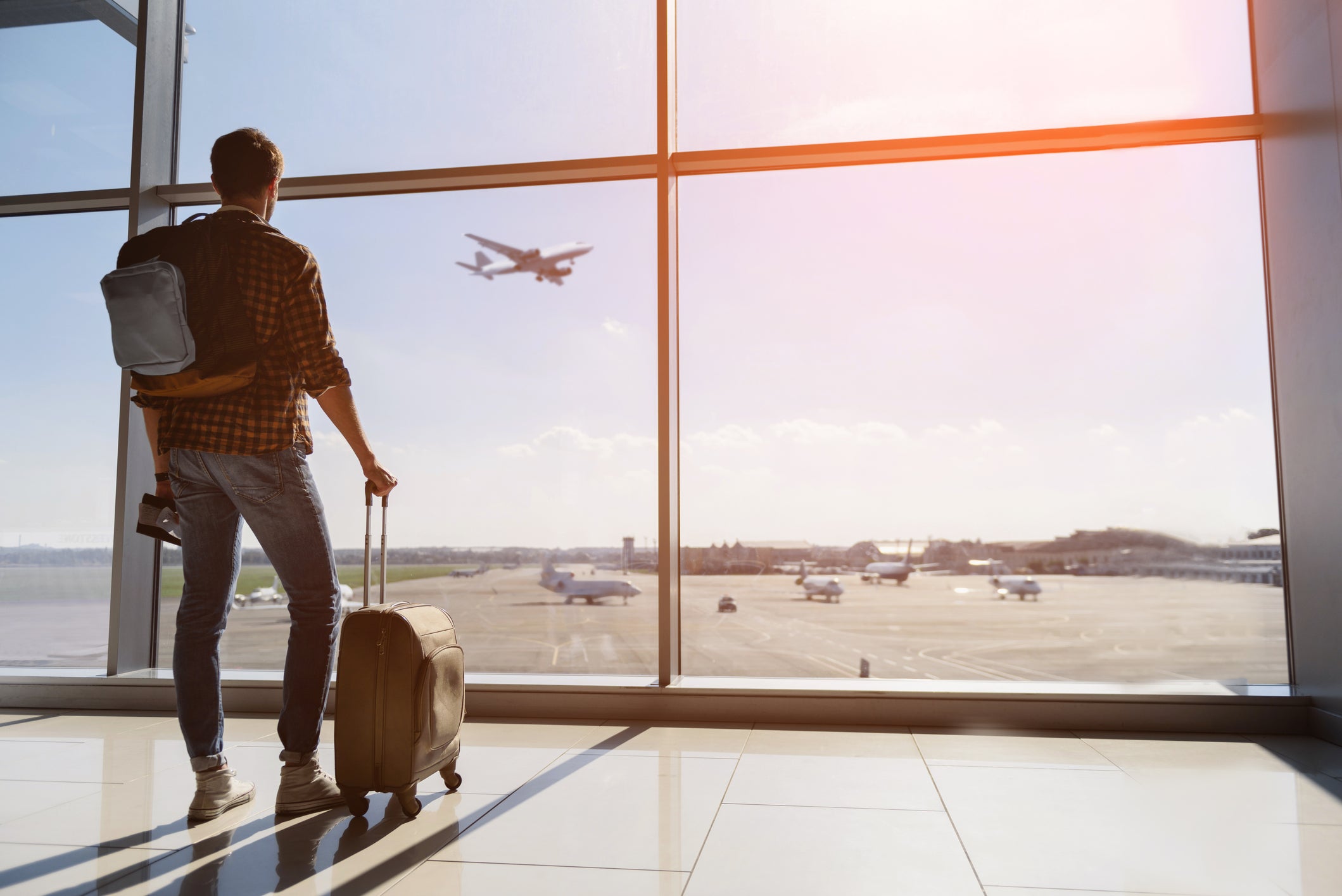
What has the government and the travel industry said?
British prime minister Boris Johnson said this week that he wanted to keep a “simple”, “user-friendly” system in place for foreign travel as the prospect of holidays abroad in the Covid-19 era continues its rather uneasy return to viability.
That appears to mean the continuation of the traffic light system currently in place, whereby overseas destinations are designated either green, amber or red status, indicating the severity of their coronavirus situation and the quarantine requirements in place as a condition of visiting.
Mr Johnson’s government made a further round of amendments on Thursday, taking the opportunity to do away with some of the more needlessly complex subcategories like the “amber watchlist” or the “amber plus” designation, which only applied to France.
The British travel industry is hardly satisfied, however.
Willie Walsh, director general of the International Air Travel Association, told BBC Radio 4’s World At One on Thursday: “I think a simpler system is definitely what is required to avoid confusion in the case of consumers, and to provide some form of certainty for people who are wanting to travel, and in some cases absolutely need to travel.
“This expensive and unnecessary testing [at airports] I think needs to be challenged and I think the government should demonstrate why they require it.”
Mark Tanzer, chief executive of Abta, the travel association, added: “The opening up of international travel from the UK is progressing at a snail’s pace - making it extremely difficult for travel agents and tour operators to generate enough income to kickstart a recovery, which is desperately needed to protect jobs, businesses and livelihoods.”
Martin Chalk, the acting general secretary of the British Airline Pilots’ Association, also expressed his dismay: “UK bookings compared to those in Europe are dismal and key markets remain shut, despite ironically named ‘taskforces’, demonstrating that aviation remains the only industry still effectively in lockdown.
“The profitable summer season is almost gone, and the aviation workforce, including pilots, are being asked to shoulder the responsibility of government incoherence and inaction.”

Perhaps angriest of all was Danny Callaghan, chairman of the Travel Industry Alliance, who said: “I'm extremely disappointed, but not surprised, to see no easing of restrictions for Latin American countries. We are clearly seeing that the red list is something that is almost impossible to get off, unless the government is trying to tie up a trade deal... The omnishambles continues.”
Defending the system on BBC Radio 4’s Today programme, transport secretary Grant Shapps expressed his sympathy for carriers and passengers, saying, “I wish people could travel freely” and his hope that “people will be able to go away and enjoy their breaks and not be looking over their shoulders the whole time.”
However, he did not say how much longer the traffic light system would persist with so much still unknown about the next chapter of the pandemic around the world.
While the vaccine rollout has been a success in the UK, it has been much slower elsewhere and the question of mutant strains of the virus like the Delta strain continuing to pose a threat.
When is the next review?
Reviews of the UK’s traffic light designations are currently taking place every three weeks, which means the next is likely to happen on 25 August, with changes coming into effect at some point the following week.
Amendments to the lists will be informed by public health advice, including the Joint Biosecurity Centre’s assessment of the latest data.
“These regular review points will allow the government to balance helping the public to understand Covid requirements when travelling to England while allowing us to constantly evaluate the risk for different countries,” according to the Department for Transport.
Why are we asking this now?
The UK has just added seven more countries to its green list.
From the early hours of Sunday morning, anyone returning from Germany, Austria, Slovenia, Slovakia, Latvia, Romania and Norway will no longer need to quarantine on arrival back in Britain.
That makes 36 countries in total that British tourists can visit now without having to self-isolate, although 16 of them, including Croatia, Malta, Israel and Taiwan, are currently on a “green watchlist” meaning they could be relegated to the amber list should the coronavirus infection rate in those territories further deteriorate.
India, Bahrain, Qatar and the United Arab Emirates have meanwhile been downgraded from the red to amber, meaning arrivals will no longer have to spend 11 nights in a quarantine hotel.
But Mexico, Georgia and the French overseas territories of La Reunion and Mayotte are joining the red list.
The government has also hiked the price of hotel quarantine required on return from a red list country from £1,750 to £2,285 from 12 August. The charge for an adult sharing a room will increase from £650 to £1,430.







